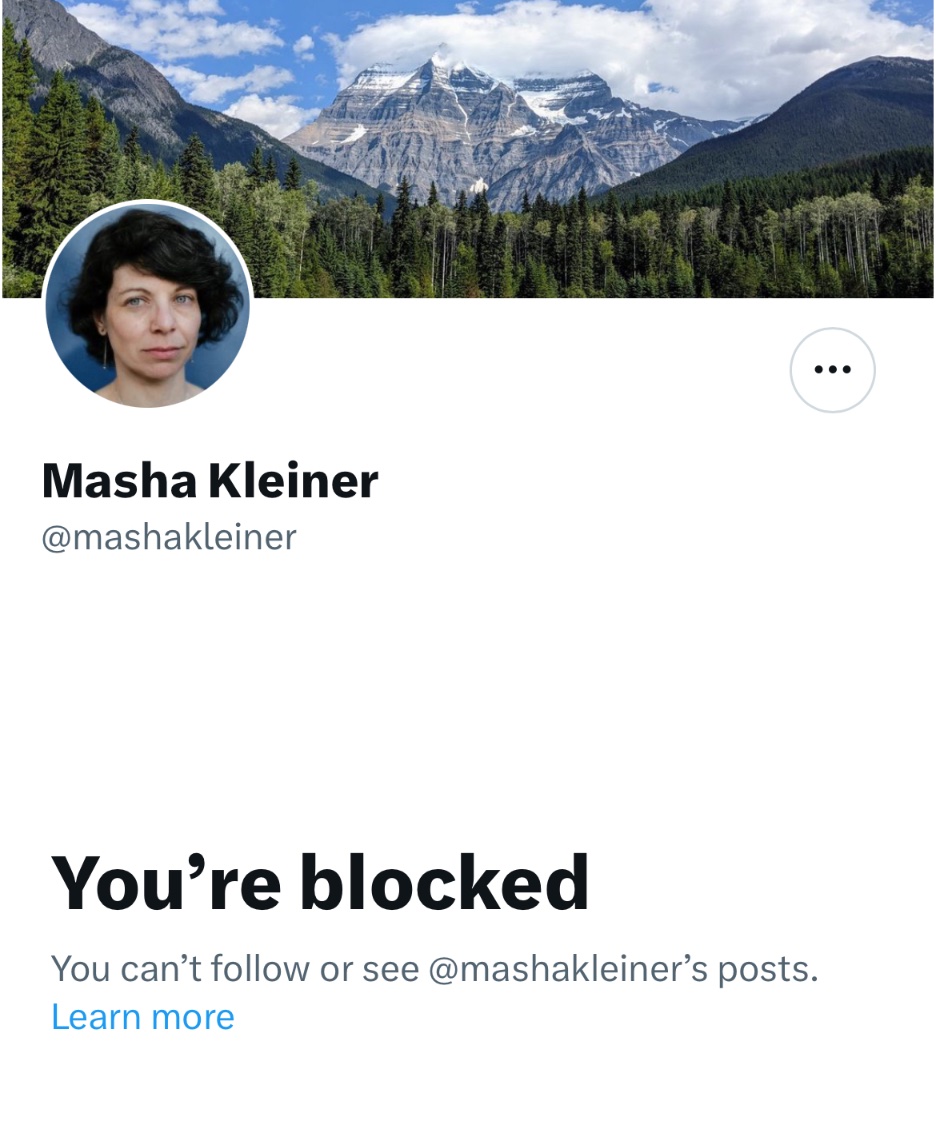I wrote this as postmodernist parody of #JamesLindsay.
There's a deeper point: History of research disciplines tells us that as you build new knowledge, even through sometimes aggressive critique of others' work, you need to build it with others' concepts and ideas. 1/
There's a deeper point: History of research disciplines tells us that as you build new knowledge, even through sometimes aggressive critique of others' work, you need to build it with others' concepts and ideas. 1/
https://twitter.com/Katja_Thieme/status/1296533188978733056
Even as you build your knowledge *against* some other knowledge that you think is dead wrong, you need to build it *with* knowledge that's already around, and you need to choose that knowledge with care and scrutiny as to its quality. 2/
Part of the process is that you tell your readers & listeners what that knowledge is. Who are the sources? What are the concepts? How do you relate them together? How do see them apply to your evidence? What questions do you pick up from where, which do you leave aside? 3/
As you do that, you outline your academic or intellectual or epistemic community. Often that's a mixed community--you pick up some aspect from someone's work, but leave others silent or even reject them explicitly. 4/
As a result, even if you claim to do something very very new and unheard of, you cannot claim you do this work without help. You stand with others.
Also, your work will be judged in part by the quality of the work with which you stand.
I teach this in all my courses. 5/
Also, your work will be judged in part by the quality of the work with which you stand.
I teach this in all my courses. 5/
I teach this in the first-year research writing courses. 6/
I get the sense that #JamesLindsay thinks he doesn't need that help. He can do it all himself. Hammer out his own, handmade concepts. Swing them together in loopy motion. Wield them, by himself, in his fight against full research departments and international associations. 7/
And he thinks he's doing great. He tells himself, and his fans, that he's smarter than everyone.
Meanwhile, there are crowds of academics from a range of fields going: "What's that? Where did you get that idea? Who are you building on with that wacky way of thinking?" 8/
Meanwhile, there are crowds of academics from a range of fields going: "What's that? Where did you get that idea? Who are you building on with that wacky way of thinking?" 8/
• • •
Missing some Tweet in this thread? You can try to
force a refresh





